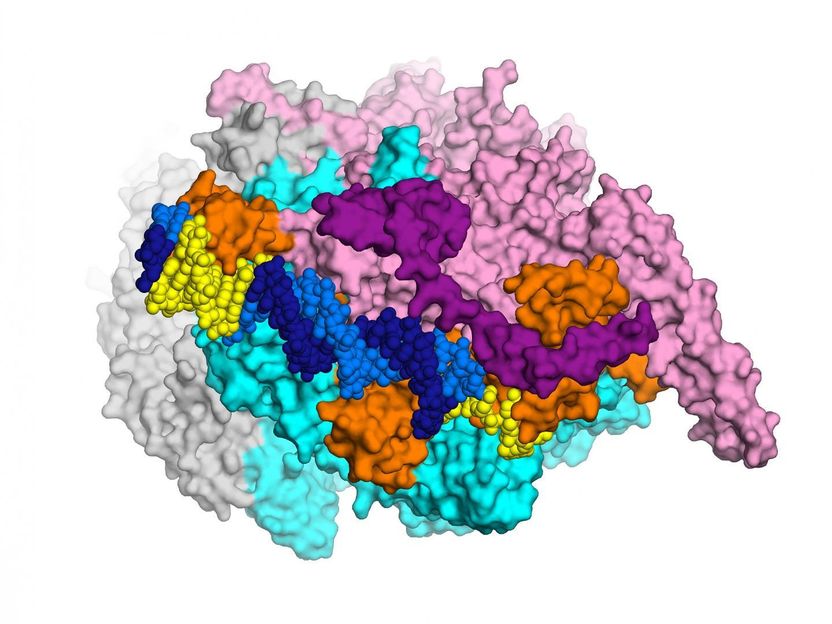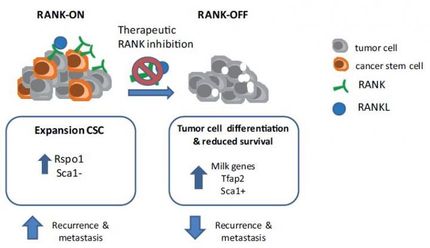Algeta announces positive preliminary bone marker results in a phase IIa study evaluating Alpharadin in breast cancer patients with bone metastases
Advertisement
Algeta ASA announced that preliminary data from its phase IIa study of alpharadin (radium-223 chloride) for the treatment of bone metastases in 23 patients with endocrine-refractory breast cancer showed positive results for bone markers.
Preliminary top-line results showed that Alpharadin reduced the levels of bone alkaline phosphatase (bALP), and urine N-telopeptide (uNTX). These parameters are used as key markers of bone involvement in breast cancer.
Alpharadin was also found to be safe and well-tolerated in the study.
Final analysis of this trial, including the primary and secondary endpoints, will be presented at an upcoming congress. The results will also be submitted for publication in a peer-reviewed journal.
Gillies O’Bryan-Tear, Algeta's Chief Medical Officer, said: "These preliminary results are encouraging for patients with bone metastases in breast cancer, who do not always respond well to current treatments; we await the full results of the trial which will be presented at an upcoming medical congress”.
Prof. Robert Coleman, a cancer specialist at the Weston Park Hospital in Sheffield and Principal Investigator for the trial, said: “Bone metastases cause significant distress for patients and may respond poorly to current modalities of treatment. We are encouraged that Alpharadin has shown efficacy against key markers of bone disease in these breast cancer patients. If Alpharadin can show positive results in larger trials in breast cancer, then it may become an important new therapy for women with limited treatment options.”
Most read news
Organizations
Other news from the department research and development

Get the life science industry in your inbox
By submitting this form you agree that LUMITOS AG will send you the newsletter(s) selected above by email. Your data will not be passed on to third parties. Your data will be stored and processed in accordance with our data protection regulations. LUMITOS may contact you by email for the purpose of advertising or market and opinion surveys. You can revoke your consent at any time without giving reasons to LUMITOS AG, Ernst-Augustin-Str. 2, 12489 Berlin, Germany or by e-mail at revoke@lumitos.com with effect for the future. In addition, each email contains a link to unsubscribe from the corresponding newsletter.
Most read news
More news from our other portals
Last viewed contents
Dynal Biotech is Now Part of Invitrogen Corporation
Cytheris announces results of phase IIa study indicating that recombinant interleukin-7 (CYT107) expands CD4 T-Cells in gut mucosa of chronically HIV infected immunological non-responder patients
Protein folding made easy - McGill researcher develops speedier technique for predicting vital process
Long-term contraception in a single shot
White blood cells found to play key role in controlling red blood cell levels


























































